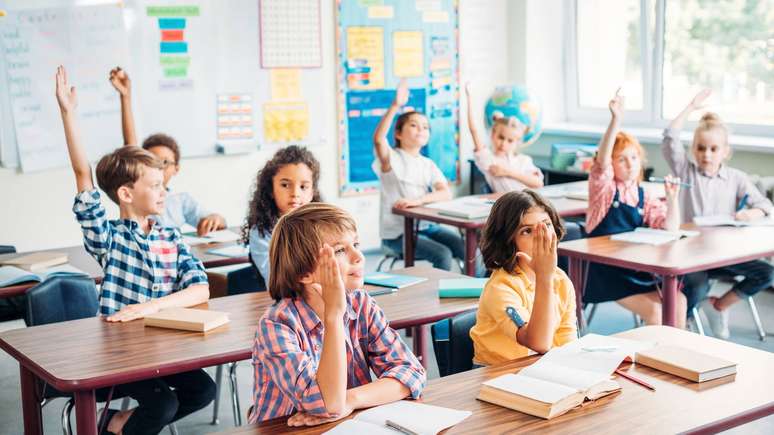*By Roberta Cassarà Scalzaretto
After a holiday period, returning to school can be a time of great anticipation for students and teachers. Especially when the school is new. This transition can create challenges for children, especially after periods of distance or significant changes in the educational context. As a teacher education specialist with a career dedicated to training professionals to address the diversity of student profiles and needs, I know how transformative a welcoming environment can be for everyone’s success.
Choosing a welcoming space is not just a question of physical infrastructure, but implies an attitude of empathy, active listening and respect for the differences of each child. Below, I share some practical tips for an appropriate school environment and for creating a new beginning that prioritizes everyone’s well-being.
Back to school: the role of the teacher when dealing with new students
- Value the diversity and individuality of students
It is essential that, when planning the return to school, the teacher keeps in mind that each student is unique, with different learning needs and pace. Take time to get to know your students at the beginning of the year, through interactive activities and informal conversations. This approach will help to identify different ways of learning and understand the emotional and social aspects of each child. By valuing each person’s individuality, we create a space where everyone feels respected and understood, essential for healthy development and building a welcoming educational environment.
- Organize the physical space with care and functionality
The arrangement of the furnishings and the choice of teaching materials are fundamental to creating an environment that promotes learning and hospitality. If possible, organize the class to encourage interaction, movement and comfort. Use different corners and areas that students can customize, such as spaces for reading, crafts or reflection. At the same time, make sure the environment is functional, allowing all students to easily access materials and activities.
- Give priority to affective communication and dialogue
When returning to the classroom, affective communication is a powerful tool for strengthening bonds and establishing a climate of trust. Take time to talk to students about how the holiday season went, how they are feeling, and what they hope for in the new school year. This exchange of information contributes to the adaptation process and conveys to students that their emotions are recognized and valued. In daily classroom life, encourage open dialogue, exchange of ideas and respect for the opinions of colleagues. Affective communication helps create an environment where everyone feels comfortable.
- Promote inclusive and socialization activities
The return to school is also an opportunity to encourage activities that promote integration among students, especially when it comes to new classes or students who encounter socialization difficulties. Plan group dynamics that encourage collaboration and empathy. Games, conversation clubs and partner activities are good options for strengthening relationships between students. Furthermore, it is important to promote inclusive practices, ensuring that all students, regardless of their abilities, feel part of the educational process.
- Involve parents in the adaptation process
Family support is essential for the success of the adaptation process. Involving parents from the beginning, providing clear information about the expectations of the school year and how they can contribute to the well-being of their children, is a strategy that facilitates the child’s integration into school. Holding meetings or sending periodic communications helps keep managers informed about the progress of the students’ educational and emotional process. The school-family partnership constitutes a solid foundation for ensuring a positive and smooth adaptation to the new school year.
* Roberta Cassarà Scalzaretto specializes in teacher training focused on early childhood. Graduated in Teaching, Pedagogy and Psychopedagogy, he has extensive experience in serving both children with learning difficulties and those with high intellectual abilities.
Source: Terra
Ben Stock is a lifestyle journalist and author at Gossipify. He writes about topics such as health, wellness, travel, food and home decor. He provides practical advice and inspiration to improve well-being, keeps readers up to date with latest lifestyle news and trends, known for his engaging writing style, in-depth analysis and unique perspectives.








